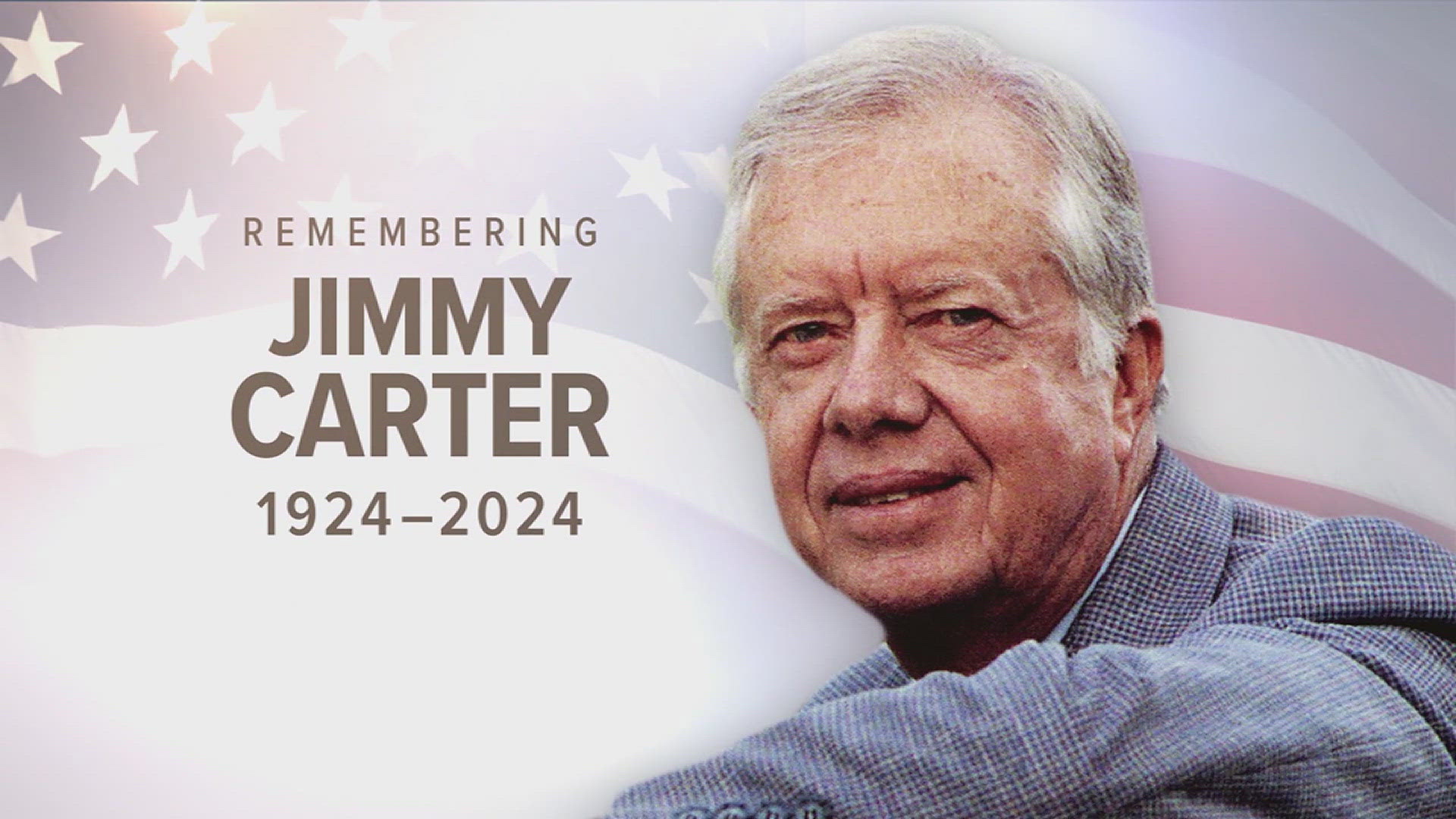(Akiit.com) You’ve heard of resume inflation? You’ve heard of people who lie about having Ph.D.s or Ivy League pedigrees in order to get ahead?
The world of thug culture has its own perverse equivalent, in which middle-class men with minor legal transgressions exaggerate their bad behavior, claiming to be hard-core degenerates to impress youngsters looking for outlaw role models. In this destructive environment, the more violent and predatory you are, the more heroic you seem.
That helps to explain why a metro Atlanta hip-hop star known as Akon wove a tall tale of malevolence and criminality, claiming to have spent three years in prison for running a “notorious car theft operation,” a story he’s been telling for years. In fact, he has apparently never served hard prison time. The Smoking Gun Web site recently exposed Akon as a thug wannabe, a “James Frey with … an American Music Award.”
American popular culture has always had a tendency to romanticize hoodlums, whether Al Capone, Bonnie and Clyde or Tony Soprano. But the hip-hop world’s celebration of savage violence, educational failure and misogyny has been one of the worst influences on American youth, especially black youth, in decades. If you want to ruin a nation, a society or an ethnic group, persuade its members that the highest form of achievement is committing crimes.
Even before the 1980s, when gangsta rap oozed out of downtrodden black neighborhoods, too many black men were marginalized — unlettered, unemployed, imprisoned. They were already the victims of a fratricidal cycle of violence. They were already disproportionately fathers in absentia, divorced from the lives of their children, providing neither material support nor moral guidance.
Indeed, the baggy britches that are now de rigueur in hip-hop circles grew out of jail rituals. When men are arrested, their belts are confiscated, so their trousers tend to droop. It’s from that unfortunate facet of ghetto life that the ubiquitous sagging pants were launched.
Proponents of hard-core hip-hop claim that it is an artistic genre that merely reflects those unfortunate realities of underclass black life; they tout it as a pure form of folk art (in its original meaning, arising from the folk or common people). Countless books and dissertations have disseminated that view.
But folk art has never been so popular — or lucrative. The worst of gangsta rap has not merely reflected behavior but has also inspired it, much of it lawless and destructive. Its lyrics are paeans to murder and mayhem. It celebrates an outlaw culture that disrespects women, mocks middle-class values and preaches against any cooperation with police in catching criminals.
That’s why Akon, whose real name is Aliaune Thiam, made up a criminal history, claiming that he was a carjacker who owned chop shops but was finally brought down because jealous underlings ratted him out. You gain respect in thug culture — and millions of dollars in record and ring tone sales — only if you’re a bona fide thug.
In fact, Akon’s longest stint behind bars seems to have been five months in the DeKalb County jail on a stolen car charge that was later dropped, according to Smoking Gun. The son of Senegalese jazz percussionist Mor Thiam, he grew up in a middle-class home, spending time in Senegal and New Jersey before moving to an Atlanta suburb.
If black men such as Thiam enthusiastically abandon a passable reputation for the notoriety of a prison record, then black America is in serious trouble. If it is better to be an outlaw than to be a teacher or a chemist or an accountant, then young black men will continue to go to prison in record numbers. If it is more acceptable to be violent and reckless than to be a responsible father and husband, then marriage will continue to decline in black communities.
While racism remains a potent force in American life, it doesn’t hold the malignant power of gangsta culture. The upside-down value system represented by Akon’s fabrications is helping to destroy a generation.
Written By CYNTHIA TUCKER









Leave a Reply